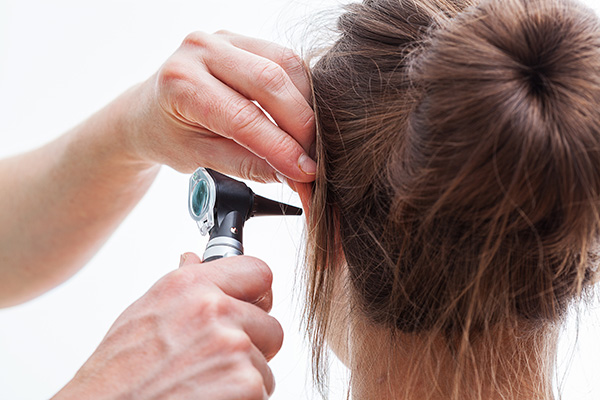Dr. Tamez Awarded 2021 TX Top Doc
Congratulations to Dr. Tamez for being awarded a 2021 TX Top Doc!! The


Congratulations to Dr. Tamez for being awarded a 2021 TX Top Doc!! The

Hearing is an important sensory organ because it helps us interact more

What Causes Ear Infections? Colds and Flu come with the worst side